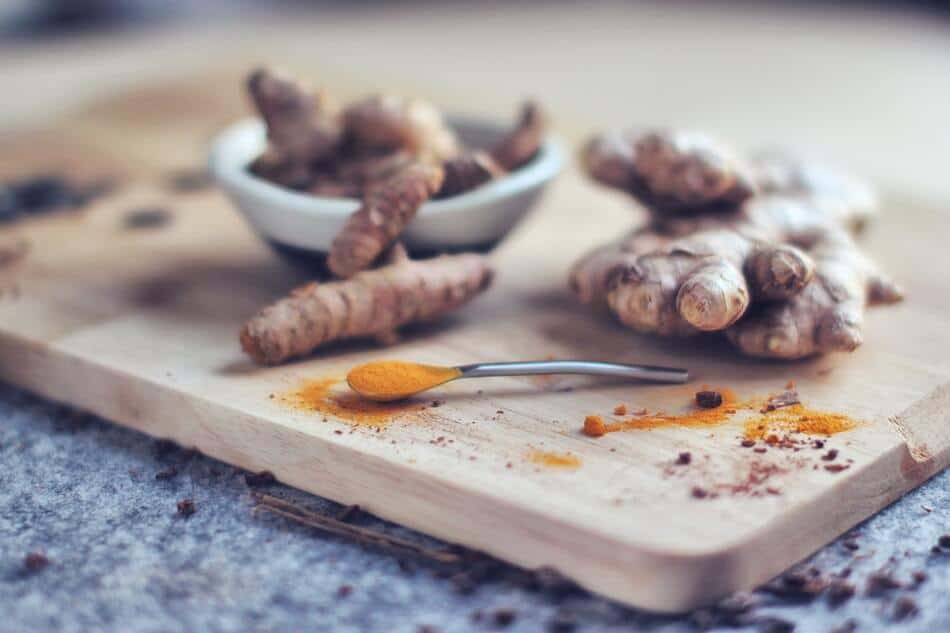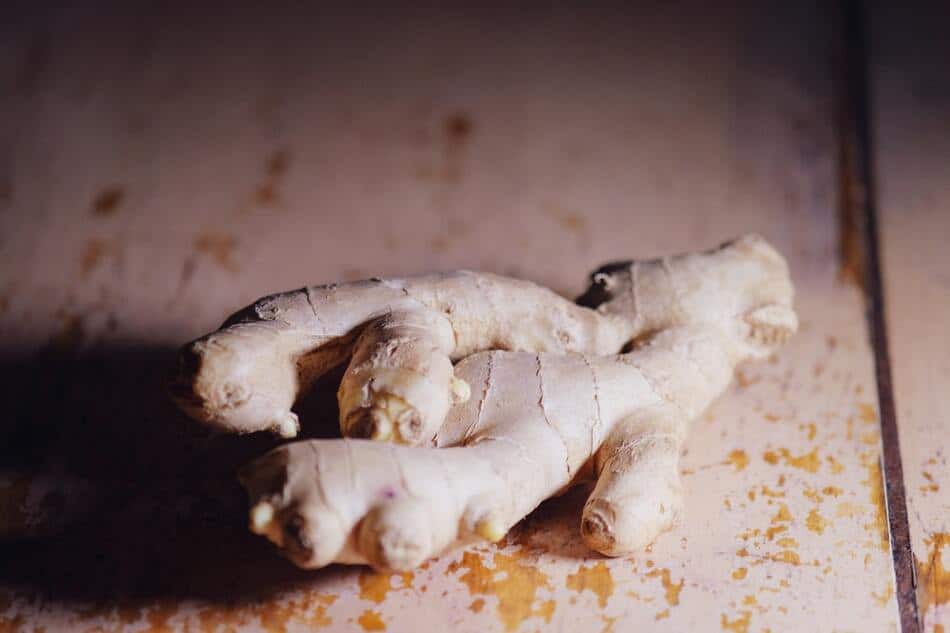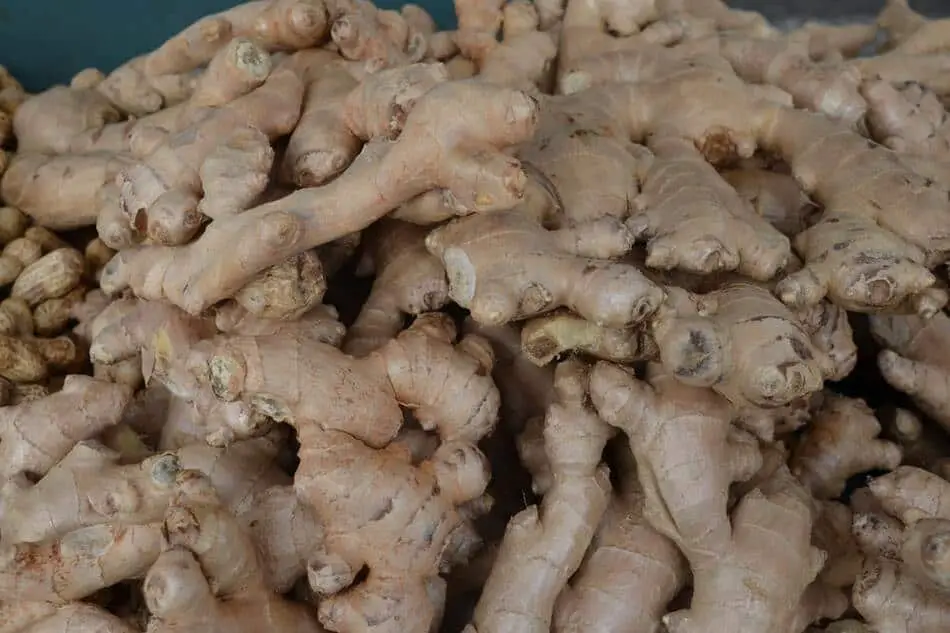Ginger is rich in anti-inflammatory compounds and is employed in a variety of forms, particularly fresh, dried, and as chunks. Due to its distinct flavor, it is used the most in tea and curry. Despite the fact that ginger has health-boosting properties, excessive use can be harmful to your health. According to my research and some experts, 5-6 grams of ginger per day is the maximum amount that can be consumed. However, what will happen if you eat spoiled ginger? I will shed light on that here.
Spoiled ginger is not at all good for you! In fact, it can seriously damage your body and affect organ function. It carries harmful toxins and components that can lead to major diseases, such as cancer. That is why you need to avoid eating it.
Let us get into the details.
What Will Happen If You Eat Spoiled Ginger?
One reason is that anything old is never a healthy option to consume. The same may be said for your ginger. However, it is dependent on personal preferences. So, how did it go? What should we not eat if we have mold in our ginger? Mold or mildew on ginger can enormously damage the liver, and it may even result in death. Moldy ginger is contaminated with a potentially deadly toxin called Safrole. Safrole is toxic to the liver, and it has the potential to cause cancer. As a result, one should avoid moldy or rotted ginger at all costs.
Old ginger, on the other hand, might induce upset stomachs and heartburn. Now, as we were saying, your stomach is the decider.
Ginger is one of the most common spices and adds just the right amount of zing to your recipes. In any country, you will always be able to buy ginger in the market and at home. So, how can I tell whether ginger is harmful?
Well, when I won’t see it readily since it is a root plant. However, if you don’t know how to find it, you may not obtain a positive result.
How To Find If The Ginger Has Gone Bad?
So, how do you figure out whether ginger is harmful? Of course, the ginger won’t come and tell you herself. Alternatively, you can’t expect someone to solve that for you. You have to figure it out on your own. Fortunately, determining if ginger is good or bad isn’t difficult. There are a few simple methods for determining the health of the ginger plant

1. Ginger Loses Freshness
Over time, everything deteriorates in freshness. And the loss of freshness indicates how good your ginger is. Fresh ginger has a distinctive odor and flavor. As a result, when its freshness fades away, it becomes blander in taste and spicy.
What is the best method for determining if ginger has lost its freshness? To begin, break or chop some ginger. Now smell and see if the scent is still there. You can taste it once you’ve discovered it. It’s essential to perform a hands-on check. If you detect an appealing fragrance in that, you may use it in your recipes.
2. Ginger Becomes Soft
Another indication that the ginger is no longer fresh is its lack of softness. Gingers are the roots we consume. As a result, they aren’t soft in the least. Softness implies that moisture has gotten into contact with the ginger and it has retained water as a consequence. So, how can you tell whether or not it’s softened?
It’s easy enough to learn. The only way to know for sure is to push the root. If you detect softness in the root, the option is to reject it. However, if only one part of the root feels soft, you may still utilize it by removing that portion.
3. Ginger Changes Texture
The texture of ginger also informs something about its freshness. Most of you who work in the kitchen on a daily basis are aware of it from the minute you see it. However, for those who are unfamiliar with this, it may be perplexing. Fortunately, you do not need to conduct any scientific testing to determine if your ginger is fresh or not.
All it takes is a single touch. Fresh ginger has a distinct dry texture. However, if you detect dampness or mushiness when you run your fingertips across it, the wisest decision is to pass on it and select another variety.
4. Ginger Becomes Wrinkled And Dark
Did you believe that only humans have wrinkles and dark spot concerns? It’s not the case. Plant roots, for example, can suffer from the same issue. The problem is that, while you may conceal blemishes at the parlor, ginger cannot.
What does it all mean? If you see any dark or wrinkled spots on ginger, don’t use it. Fresh ginger should not have many pimples on it. So, when you notice these, know that the ginger is not good at all. And if they’re not, you already know what to do.
5. Ginger Changes Color
Have you ever seen ginger that was still relatively fresh? Fresh ginger’s color is pale yellow. If the ginger begins to lose its freshness, it will also begin to lose its hue. It won’t become white, but the hue will fade with each passing day.
If the ginger has darker yellow meat color, it’s not fresh. If it is gray, you should completely avoid it. The color of the decaying ginger’s perimeter is typically a darker tone than the interior.
The following are some of the most common indicators that ginger is fresh or not. If you detect any of these symptoms in your ginger, dispose of it as soon as possible. You may still utilize a section of ginger that has gone rotten if you remove the afflicted location.
Can You Utilize An Old Ginger?
Although this is not an ideal test, the sense of sight is the most reliable method for determining if your ginger has been spoiled.
A moist and soft texture is one of the most common symptoms of ginger root deterioration. The end of the root will rot and become toxic after being peeled and sliced. Ginger that has been peeled and chopped will darken around the edges as it approaches its expiration date.
Final Thoughts
Ginger is one of those spices that should never be consumed after its expiration date. Spoiled ginger may cause a variety of health problems. The storage toxin in rotten ginger root is called safrole. This poison has the ability to induce significant liver cell damage in even small amounts.
Read More!
Learn how to make peppermint oil spray!
Using Lavender Oil for Bed Bugs.
How to distill Lavender Oil?
Know about the smell of lavender oil!
What blends well with Peppermint Essential Oil?


